Whitecheek Tang
$89.99
-
Select Variant
Whitecheek Tang, also known as the Gold-rimmed Surgeonfish, or Whitecheek Surgeonfish, has a black-to-purplish-blue body that has tiny white marks across the cheeks between the eyes and mouth. The pectoral, anal, and dorsal fins appear dark blue, with blue highlights on the tips. Tail fins are blue, with an orange vertical bar. A yellow stripe runs across the body, contrasting with the dorsal and the anal fins, creating a distinctive wishbone-like marking.
A 125-gallon or larger aquarium is sufficient to give plenty of space for swimming. It can be aggressive with other Tangs but is calm with the other aquarium fish.
While Tangs can eat meaty meals alongside divers in their aquariums, it's crucial that they receive ample amounts of seaweed that is marine-based and algae. This will boost the immune system of Tangs, decrease aggression, and boost their overall health. Give dried seaweed that is tied to a rock, or the veggie clip, and feed them at least three times a week. Sea Veggies, Seaweed Salad, and Ocean Nutrition are all ideal products and are extremely simple to use.
Approximate Size of Purchase: Small: 2" to 2 1/2"; Small/Medium: 2 1/2" to 3" Medium: 3" to 4"; Medium/Large: 4" to 5"; Large: 5" to 6"
- Description
- Additional Information
- Reviews
Whitecheek Tang Information
Golden Rim Tang is also often referred to as the Whitecheek Surgeonfish, Goldenrim Surgeonfish, and Powder Gray Surgeonfish. Though it is among the smaller Surgeonfish, however, it is advised for intermediate and advanced aquarium fishkeepers. It is sensitive to changes in water and is vulnerable to marine ich. The stunning body color combination provides a splash of bright hues to your aquarium. This Whitecheek Surgeonfish is one of the most aggressive surgeonfish which is why it should be kept away from other Tangs. It is extremely aggressive toward similar-shaped fishes, surgeons, or tangs and it is recommended to keep it in a separate area from other species that are aggressive.
This fish is reef-safe only if it is fed appropriately and is not fed properly, as it can nip over the corals, and may pick at the large polyp corals. It shouldn't be kept in tanks smaller than 55 gallons and the tank must be adorned with live rock with suitable caves, sized for it and overhangs.
size
Large, Medium, Small
Units
1
Weight
6 lbs
Dimensions
1 × 1 × 1 in

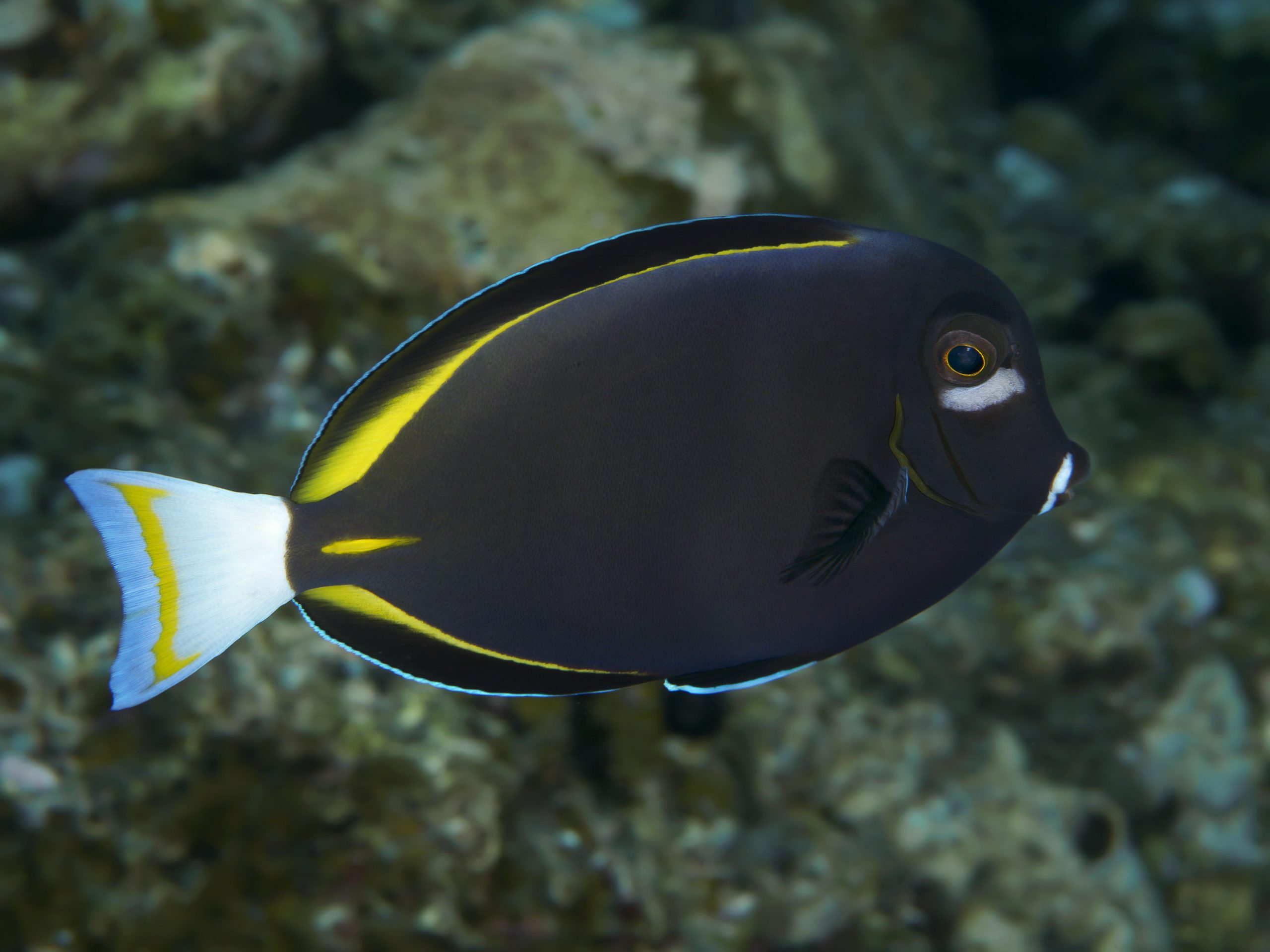
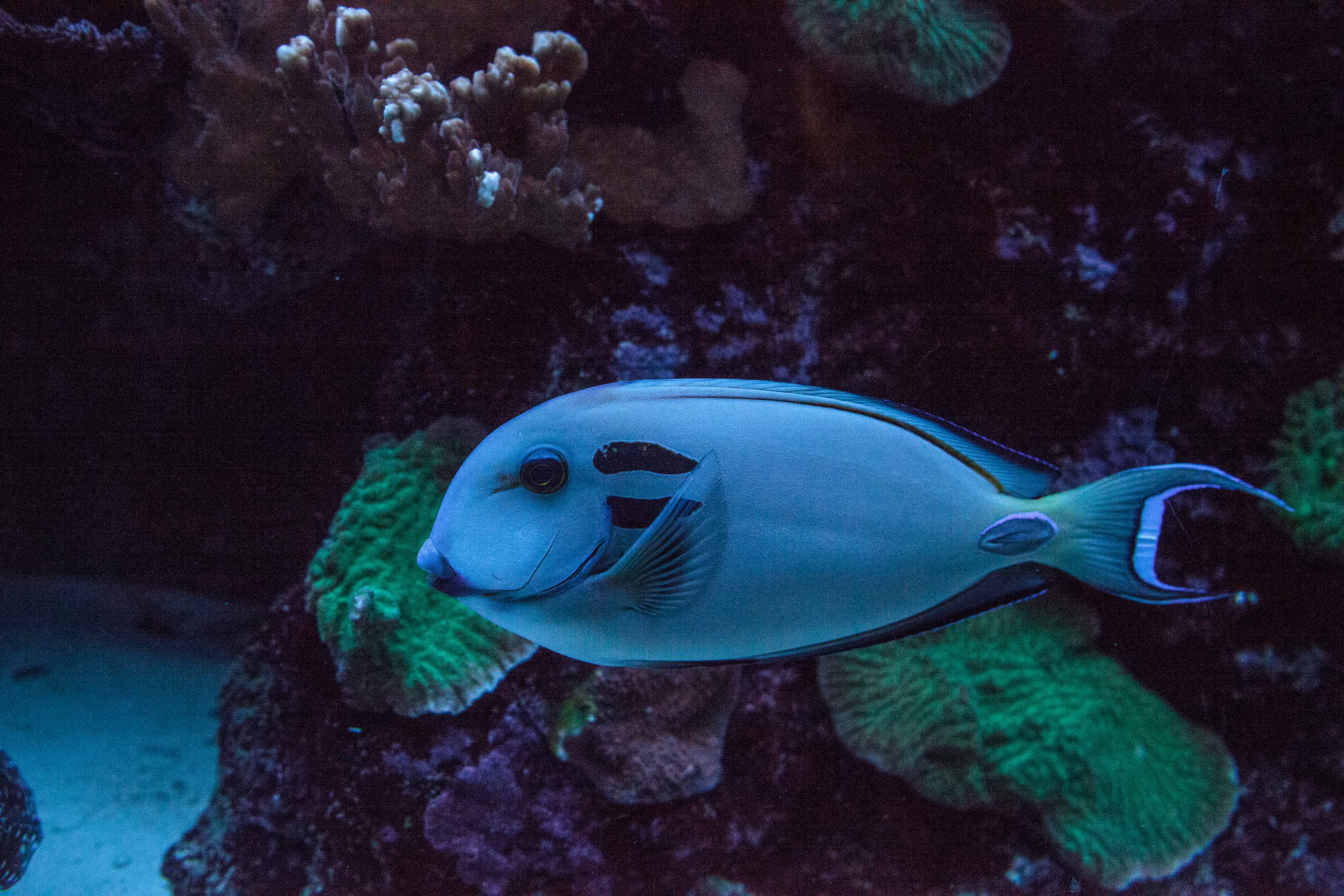
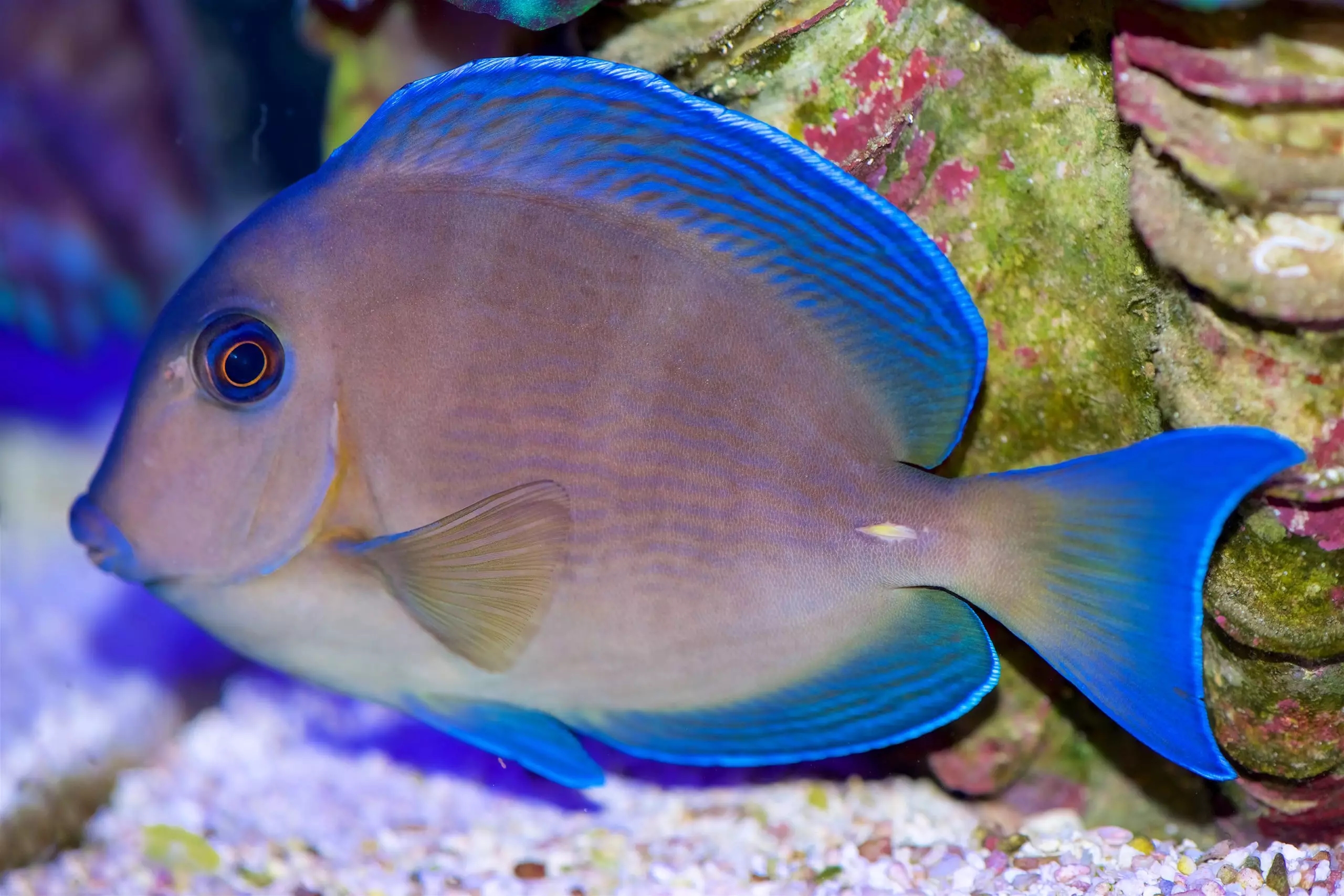
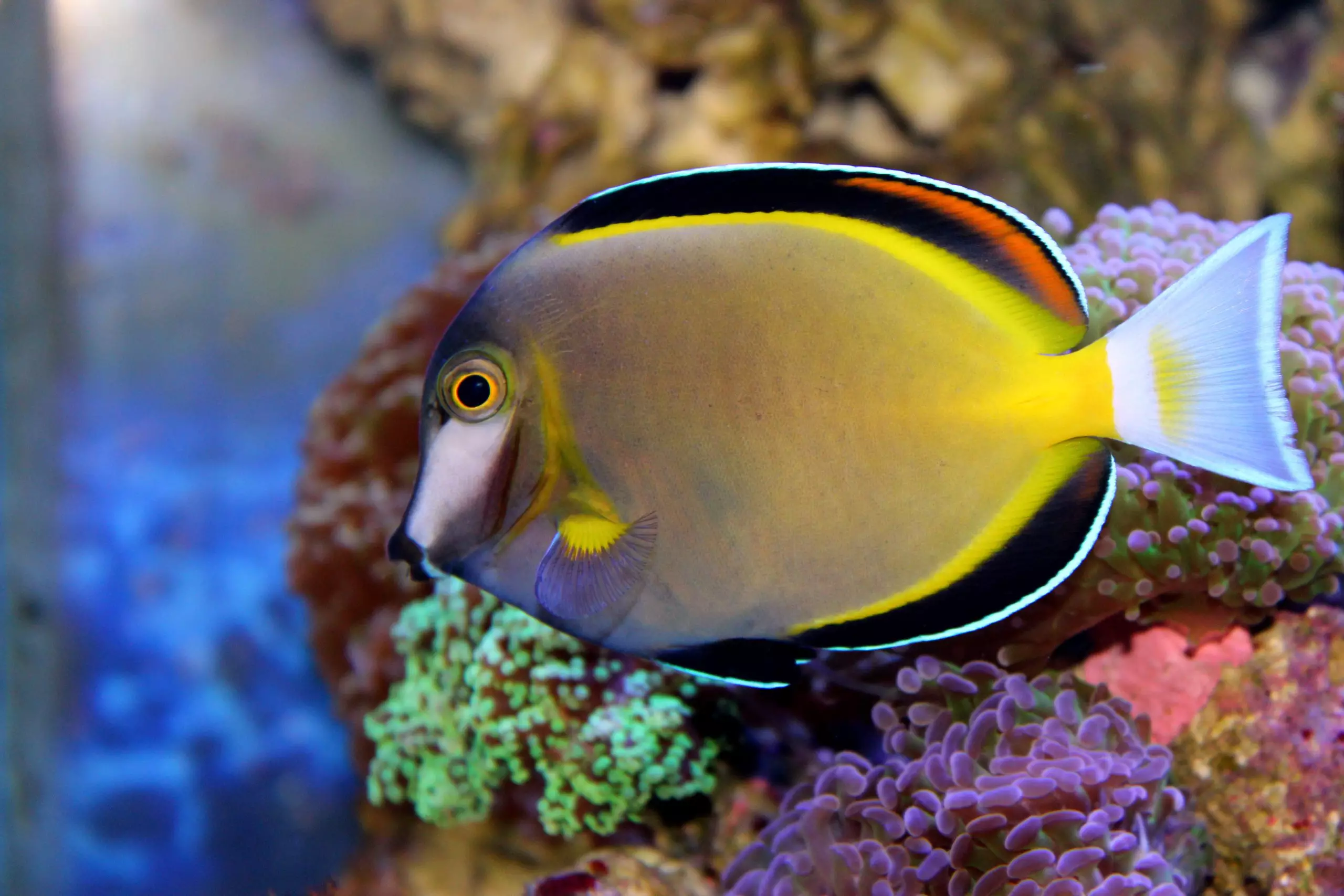
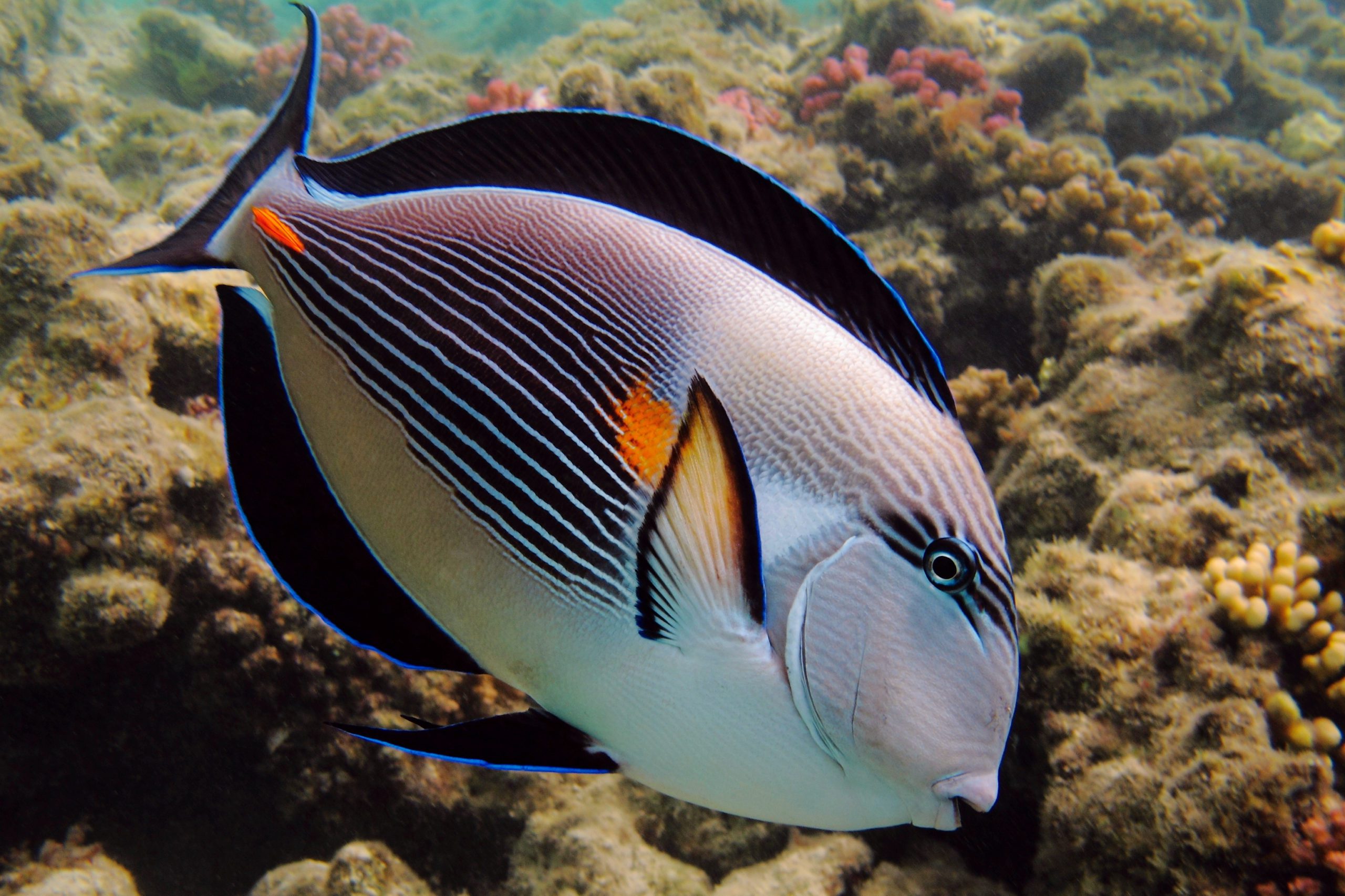
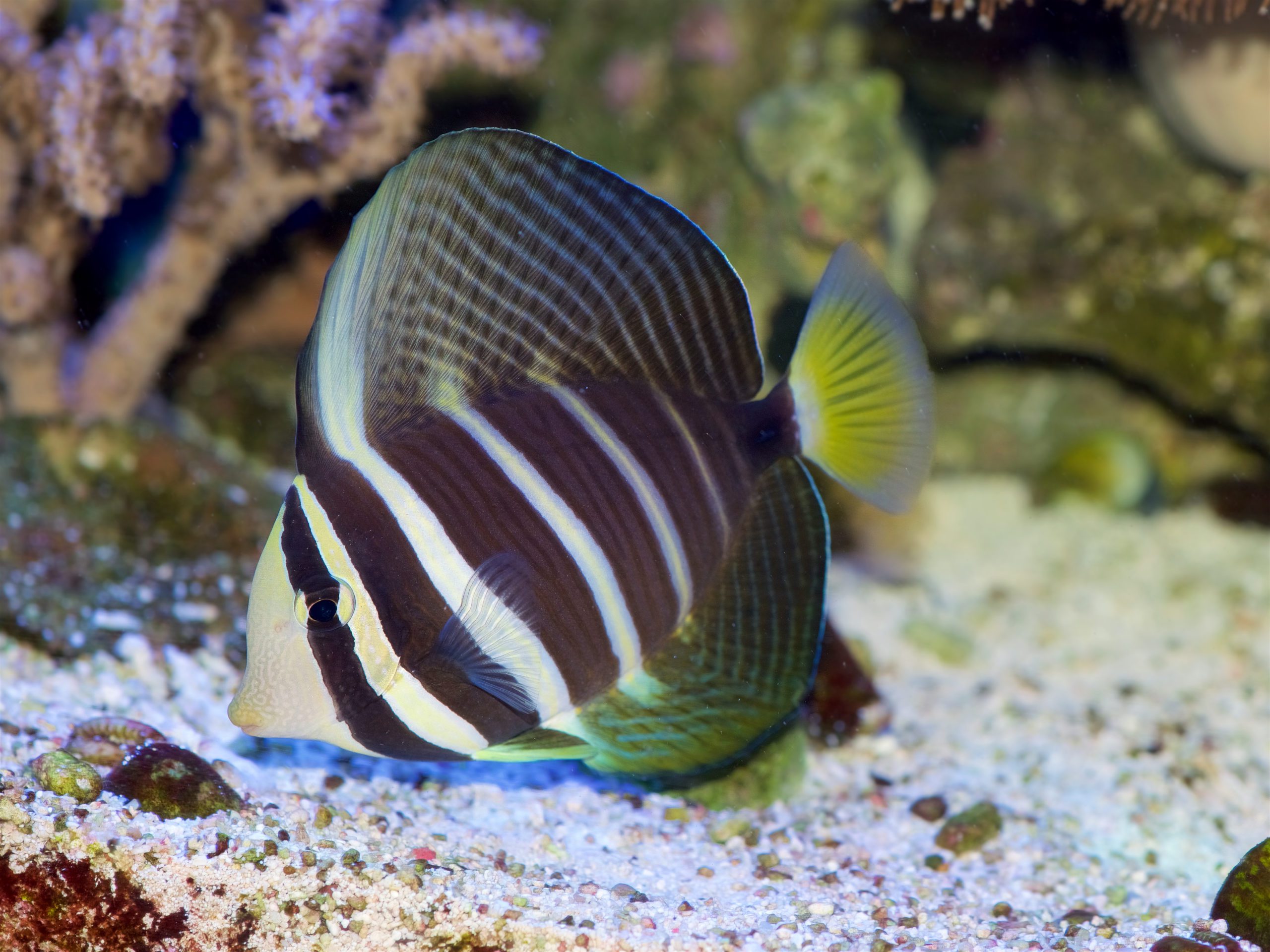
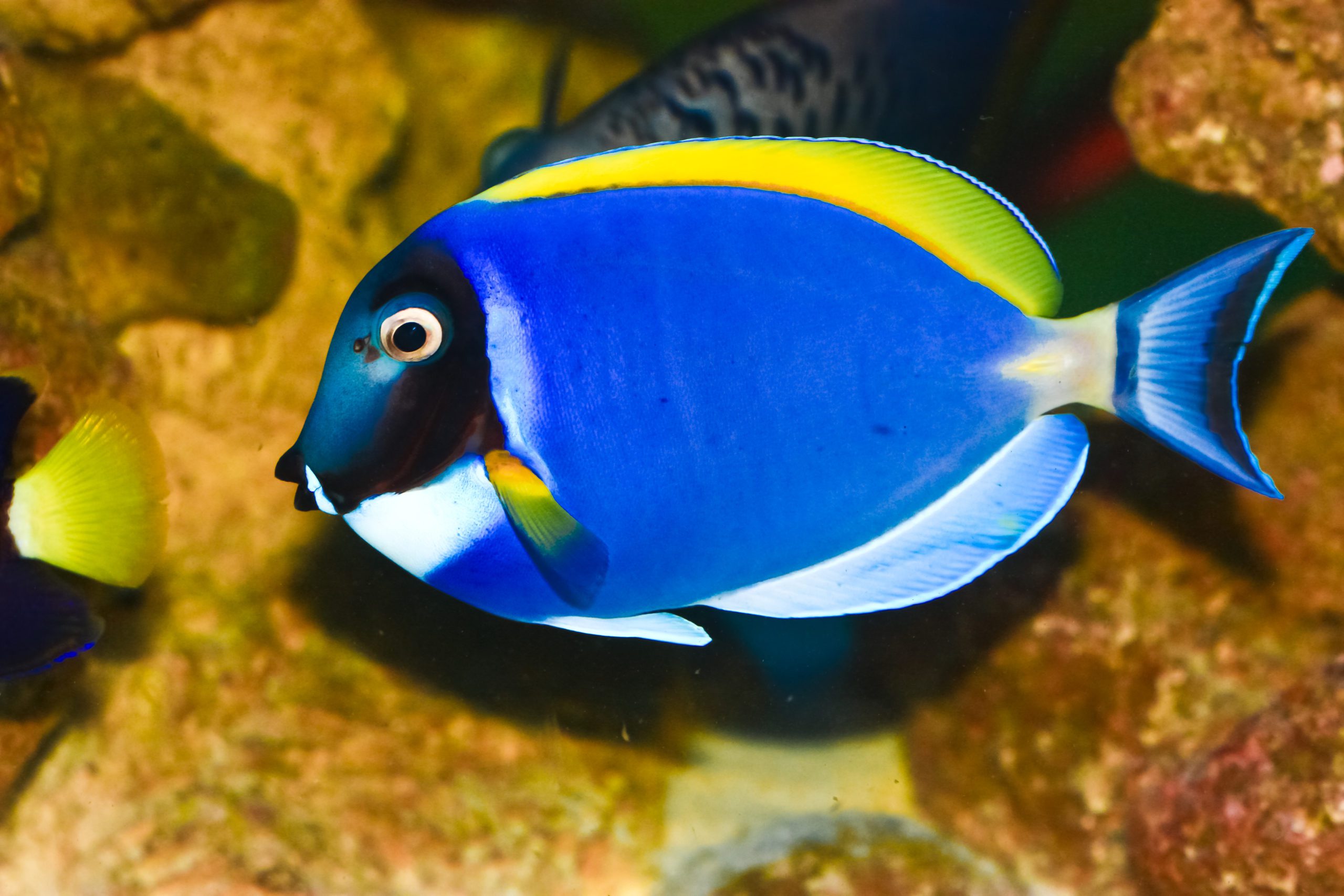
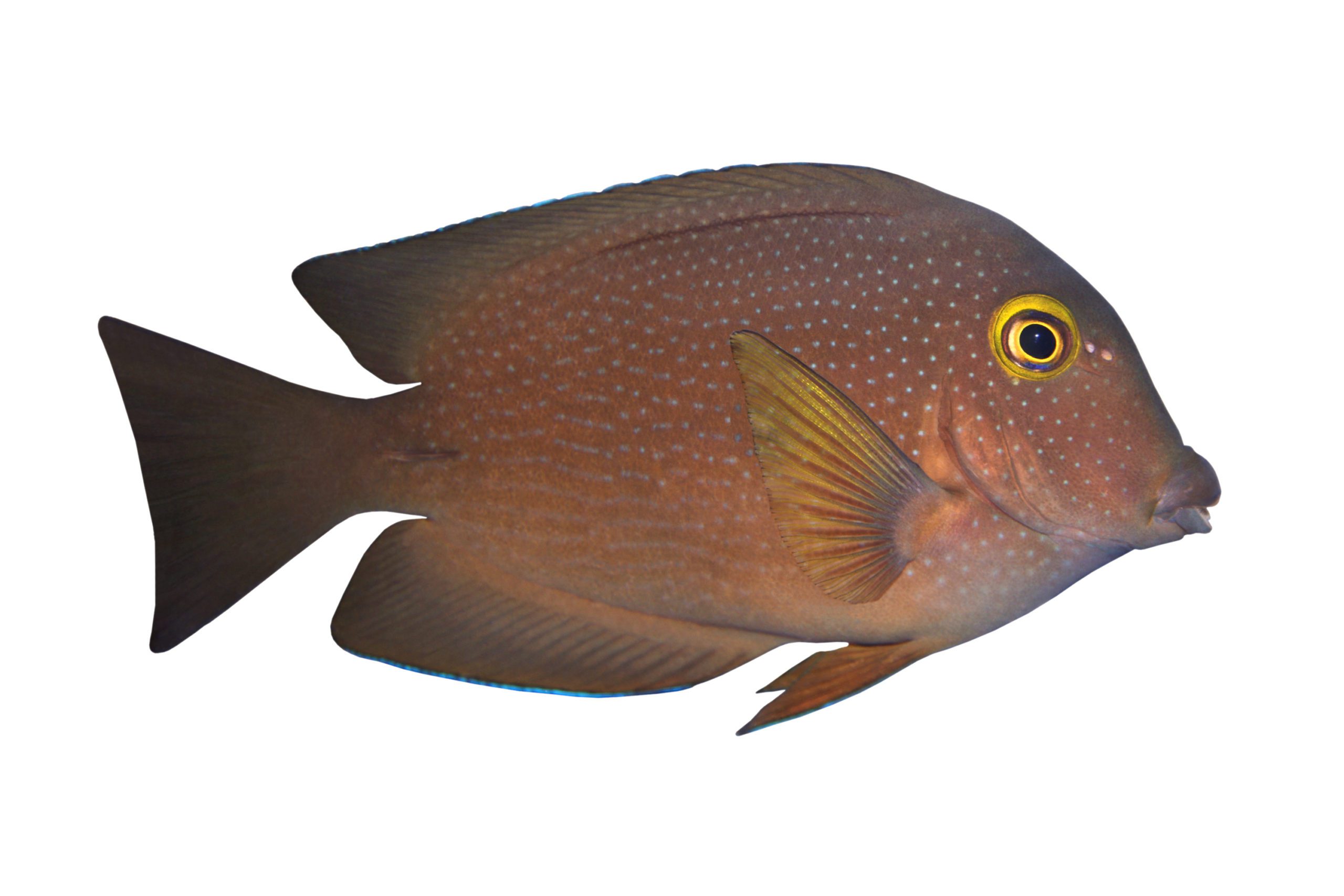
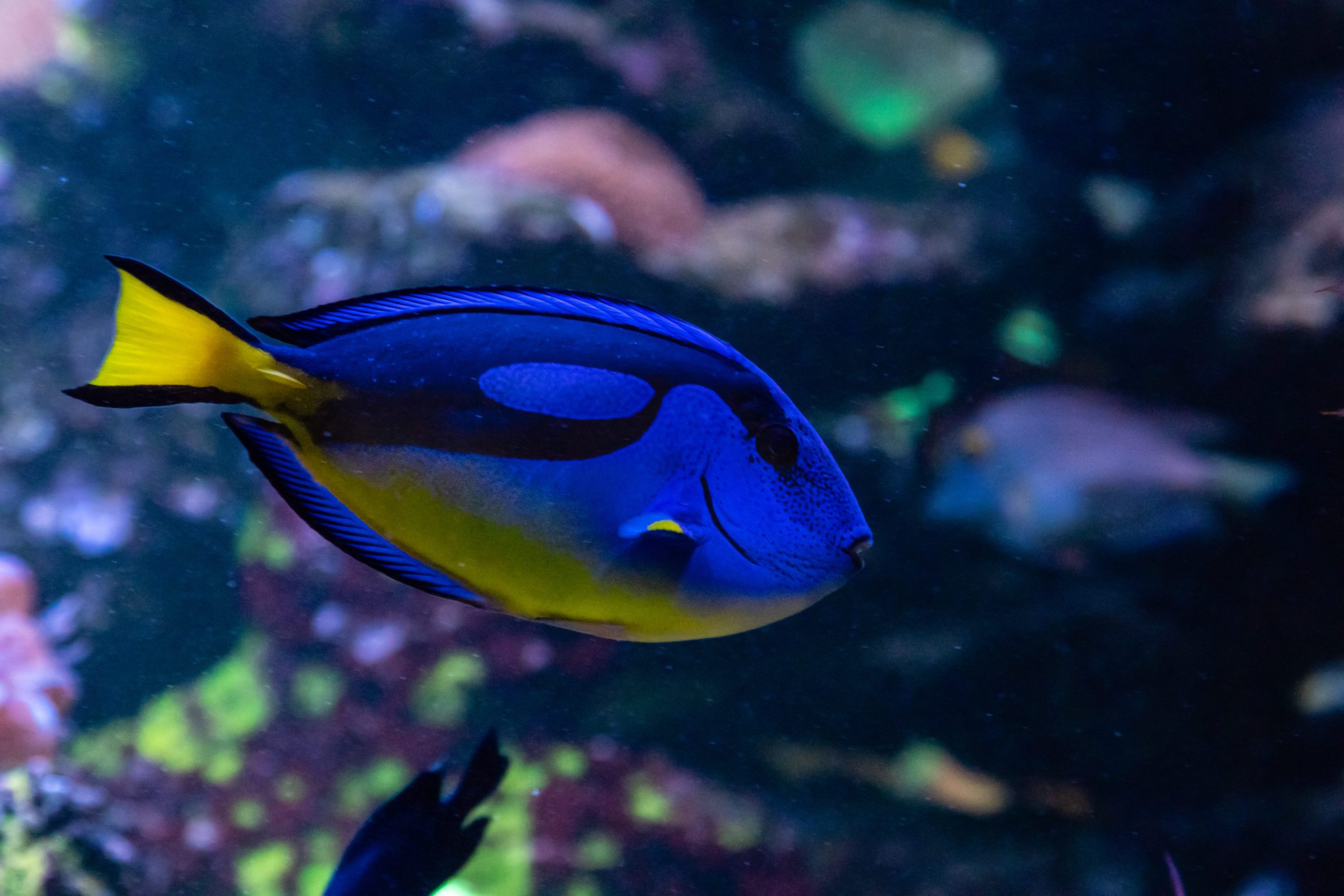
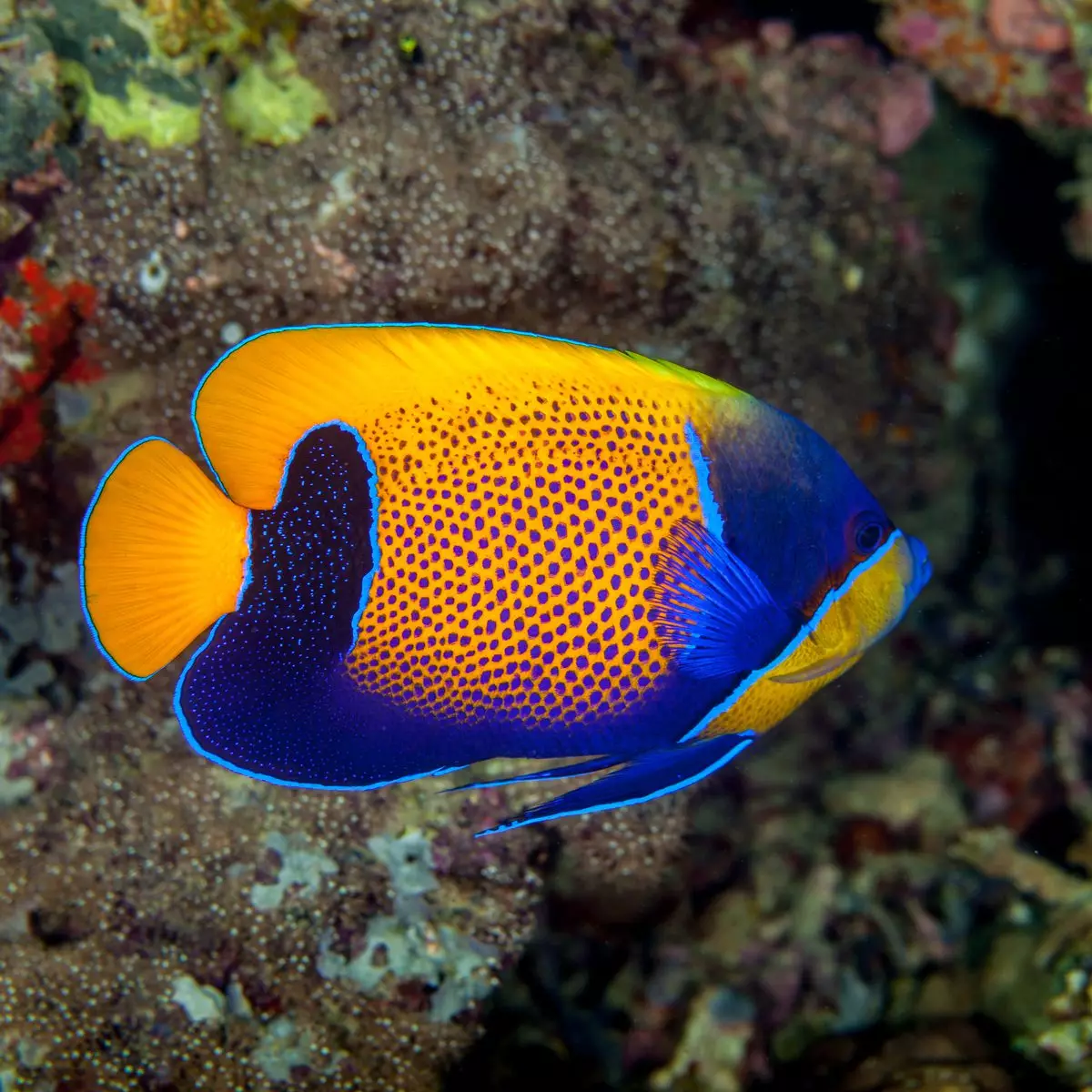
Reviews
There are no reviews yet.